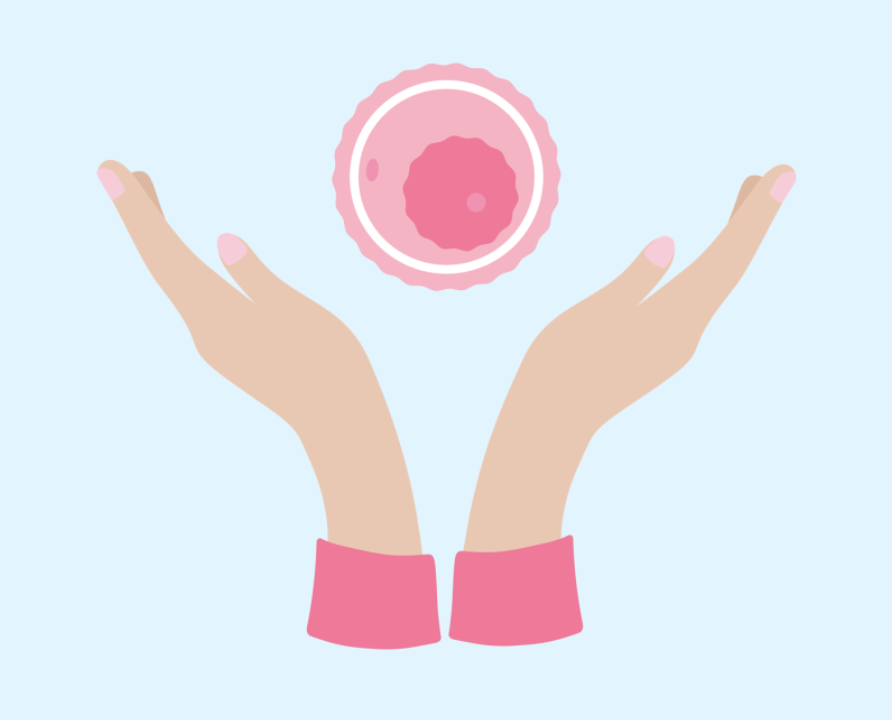Egg Donation – Everything You Need to Know

Introduction
Egg donation has become an empowering option for both donors and recipients, helping those who face fertility challenges achieve their dreams of parenthood. Whether you’re considering donating eggs or receiving an egg donation, understanding the process, eligibility requirements, and ethical considerations is essential. This blog will cover everything you need to know about egg donation, including what it involves, how to prepare, and important legal aspects.
What is Egg Donation and How Does It Work?
Egg donation involves retrieving eggs from a donor, which are then used to assist individuals or couples who cannot conceive with their own eggs. This process is a common choice for women with age-related infertility, health conditions, or genetic concerns. Here’s a step-by-step look:
- Donor Screening: Prospective donors undergo medical and psychological screening to ensure suitability.
- Hormonal Stimulation: Donors take hormonal medications to stimulate the production of multiple eggs.
- Egg Retrieval: The eggs are collected through a minor surgical procedure, typically under sedation, and then used for in vitro fertilisation (IVF) with the recipient’s or donor’s sperm.
Eligibility and Requirements for Donors
Egg donors are usually between 21 and 35 years old and must be in good health. Screening includes genetic testing, psychological assessments, and physical examinations. Clinics assess donor history to ensure safety and optimal health for both the donor and the resulting embryos.
Legal and Ethical Considerations
Egg donation laws vary by country. In the UK, donors receive compensation for expenses but are not paid directly. Additionally, children born through egg donation can access certain information about the donor when they turn 18. Recipients and donors should consult with a fertility lawyer to understand rights and responsibilities and ensure legal clarity.
Conclusion
Egg donation offers a powerful solution for those facing infertility, bringing joy and fulfilment to donors and recipients alike. By understanding the process, eligibility, and legal landscape, you can make an informed choice. Consulting with a fertility clinic or legal expert can provide guidance tailored to your circumstances.
FAQ Section:
- Who can be an egg donor?
Egg donors are typically healthy women between the ages of 21-35 who pass physical, genetic, and psychological screenings to ensure suitability. - Is egg donation safe?
Egg donation is generally safe, though there are some risks, such as ovarian hyperstimulation syndrome (OHSS). Screening and careful monitoring help minimise risks. - Can I meet my egg donor?
This depends on local laws and the type of donation (anonymous or known). In the UK, children conceived with donor eggs can access donor details when they turn 18.
Further Reading
- Find out more about egg donation from the Human Fertilisation and Embryology Authority (HFEA).
- Explore ethical considerations and support for egg donors at Fertility Network UK.
- Learn about international egg donation options from Egg Donation Friends.


 Previous
Previous

